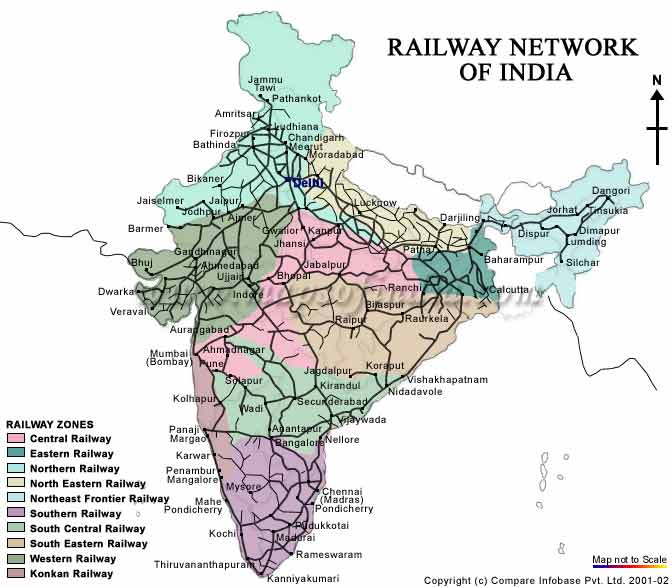A recent study in Britain concluded that one flight from London to Los Angeles produced more carbon dioxide per person than the average British commuter produces in a year by traveling by train, subway or car.The article goes on to explain how the theory behind carbon offsets seems to be flawed.
In theory, the purchase of carbon offsets is supposed to cancel out the emissions generated by activities like flying or heating office buildings by directing money to programs that reduce emissions elsewhere, like tree-planting in Africa or a hydropower project in Brazil. An airline passenger might volunteer to pay $5 to $40 to offset his flight, with the price linked to distance.
Offsets have played a growing role in the greening of travel because carbon dioxide emissions from airplanes are growing so quickly and there is currently no technological fix that would drastically lower them.
The article illustrates how difficult it has been for companies to find effective carbon offsets:
EasyJet, which was founded in 1995 but has vastly expanded its fleet since 2003, also uses only the newest and most fuel-efficient jets, flies full planes and packs in extra rows of seats, making its estimated emissions per passenger 28 percent lower than more established carriers on the same routes. Some airlines are experimenting with innovations that may someday reduce emissions, like using fuels made with algae rather than crude oil.Of course, Easy Jet is flying more people who might otherwise not be flying at all.
Usually a false choice is fed to the traveling public by a corporate media dependent on the airlines for advertising revenue. You've heard it before: the myth that the alternative to low cost air travel is to "stay home." It's simply not true. Or it need not be the alternative.
 A quick glance at Easy Jet's route map reveals that most -- if not all -- of its destinations are accessible by rail (or could be). There is something outrageous about the fact that so many Europeans elect to fly to various places that are almost equally accessible by train. Of course, they have an overwhelming financial incentive to make this choice because it is usually cheaper to fly. If Easy Jet tickets did not cost so little, many more people would elect to travel by train (which causes fewer greenhouse emissions).
A quick glance at Easy Jet's route map reveals that most -- if not all -- of its destinations are accessible by rail (or could be). There is something outrageous about the fact that so many Europeans elect to fly to various places that are almost equally accessible by train. Of course, they have an overwhelming financial incentive to make this choice because it is usually cheaper to fly. If Easy Jet tickets did not cost so little, many more people would elect to travel by train (which causes fewer greenhouse emissions). Chinese and Indian entrepreneurs are busy applying this unsustainable business model to their own countries. Coincidentally, just like Europe, both regions already have extensive rail networks.
I think it is ridiculous to imagine that airborne altruists are going to make much of a difference to the climate change problem. I think it is wrong that airlines don't have to include the true cost of pollution in the price of the ticket, giving airlines an an unethical competitive advantage over passenger rail.
Ecologically misaligned market incentives have squeezed people quite needlessly!

The answer is no, carbon offsets will not make a difference. The reason is that the whole idea of carbon offsets is a scam. In fact, if it makes you feel any better, go get all the free carbon offsets you want:
ReplyDeletehttp://www.freecarbonoffsets.com
They provide a nifty certificate that you can carry around while you travel, so you can do so without guilt.
-jimmy